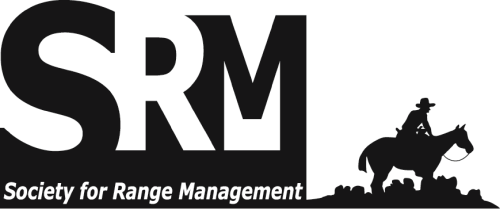Post-settlement alterations (through heavy grazing and fire suppression) to historical fire regimes in the southern Great Plains have contributed to a recent increases in wildfire activity in the region, resulting in unprecedented housing losses, increasing suppression costs, and increased risk to human life. The upward trend in wildfires necessitates development and implementation of fuels management practices, and prescribed fire will likely become the primary technique. However, grazing deferment, often implemented following fire on public lands, allows for rapid recovery of biomass. Rapid recovery limits the utility of prescribed fire as a fuels reduction treatment unless large areas are burned annually. This approach can reduce landscape heterogeneity and confound other management objectives associated with biodiversity. When fire and grazing are applied to the landscape in a patchwork manner, an interaction occurs, increasing heterogeneity and supporting greater biodiversity. Our study investigates the effects of the fire-grazing interaction on fire behavior (flame length, rate of spread), and its ability to enhance suppression capabilities. Four southern Great Plains vegetation types are represented by sites across Texas and Oklahoma. Three sites practice patch-burning, while the fourth uses prescribed fire alone (no grazing). At each site, we measured fuel characteristics in patches with different times since fire, and used those characteristics to create custom fuel models to simulate fire behavior. Sites subjected to fire alone recovered in biomass faster than grazed sites. Simulated fire behavior in these sites also reached high intensity earlier than patch-burned sites. Our results suggest that patch-burning can extend the utility of fire as a fuels treatment, making suppression of active wildfires more successful.

Oral presentation and poster titles, abstracts, and authors from the Society for Range Management (SRM) Annual Meetings and Tradeshows, from 2013 forward.